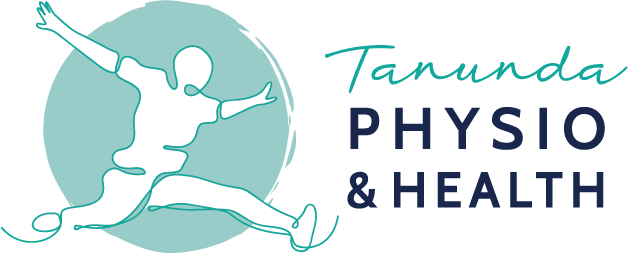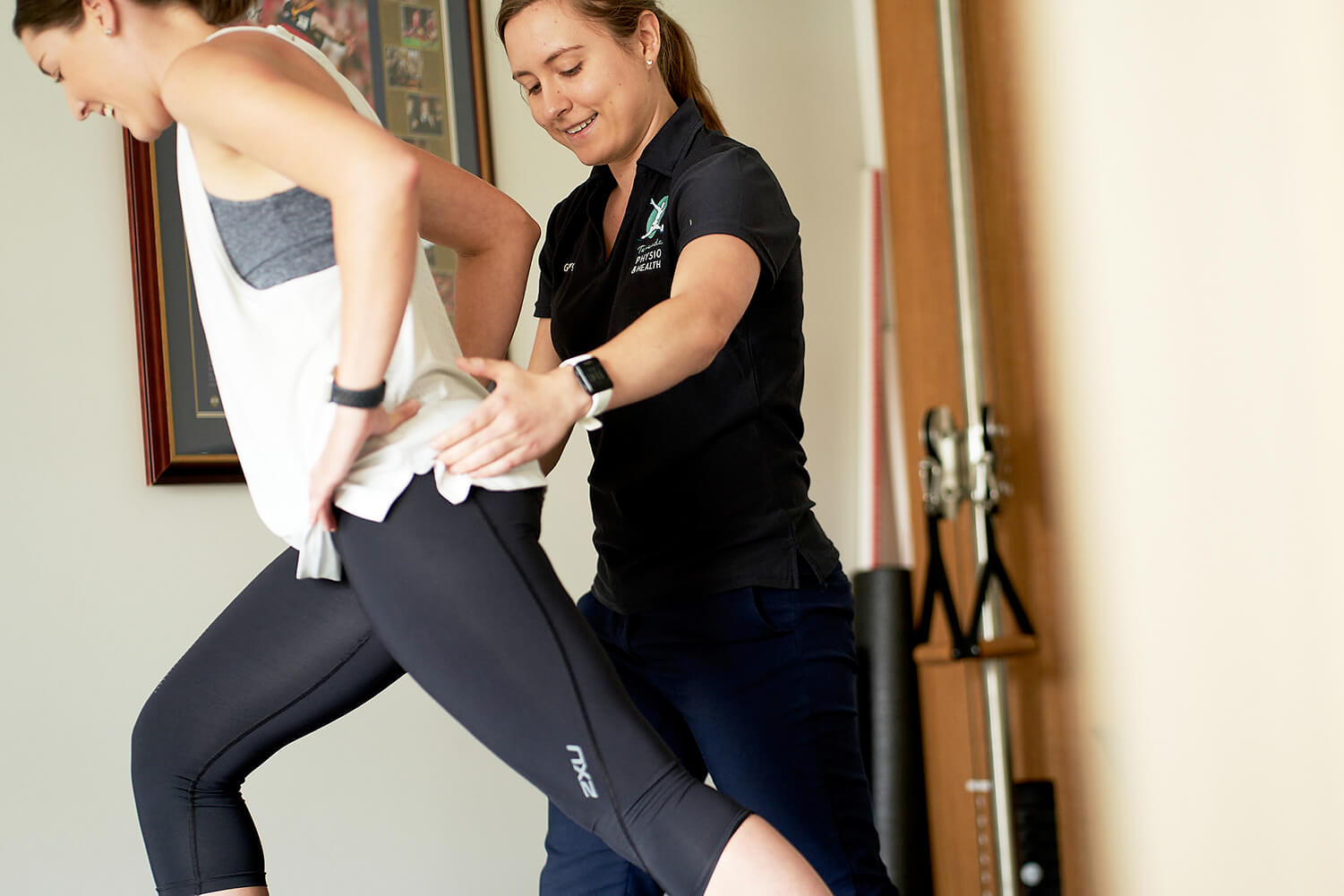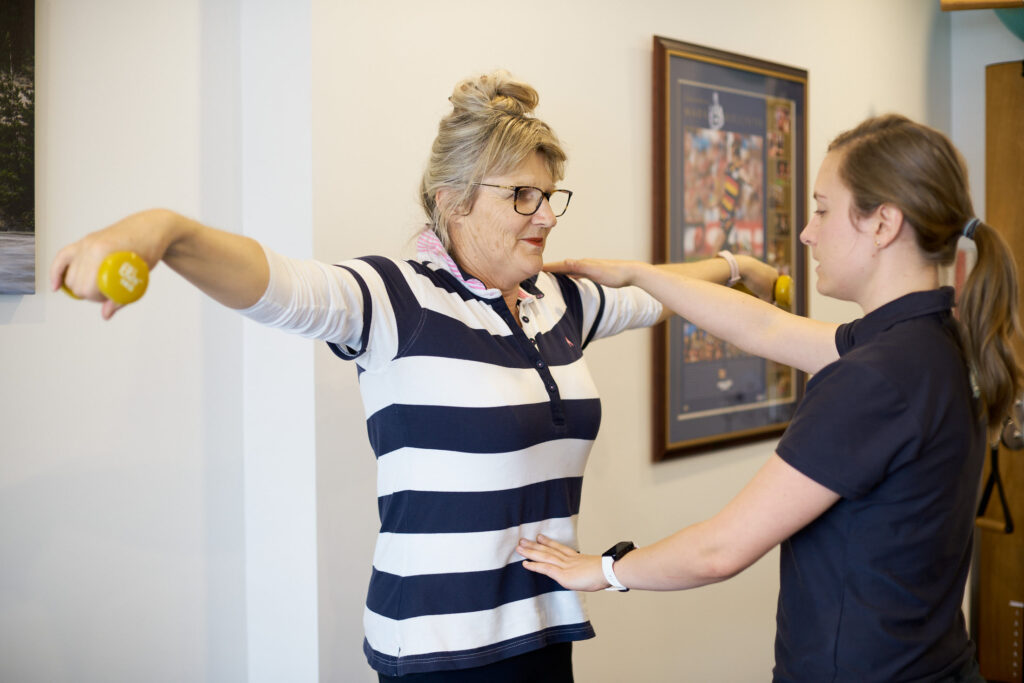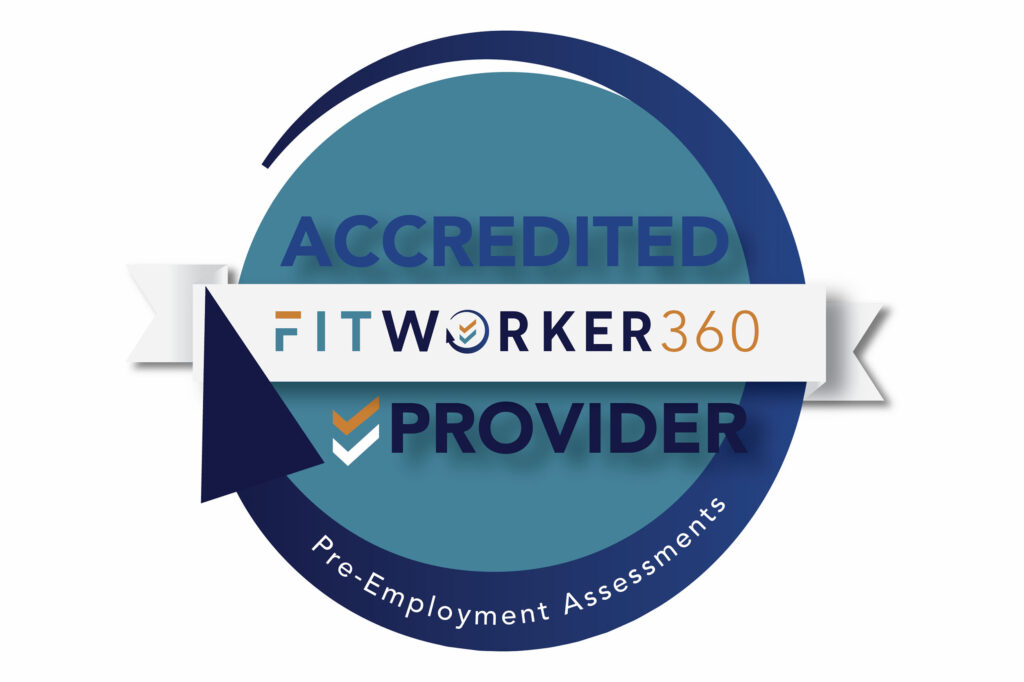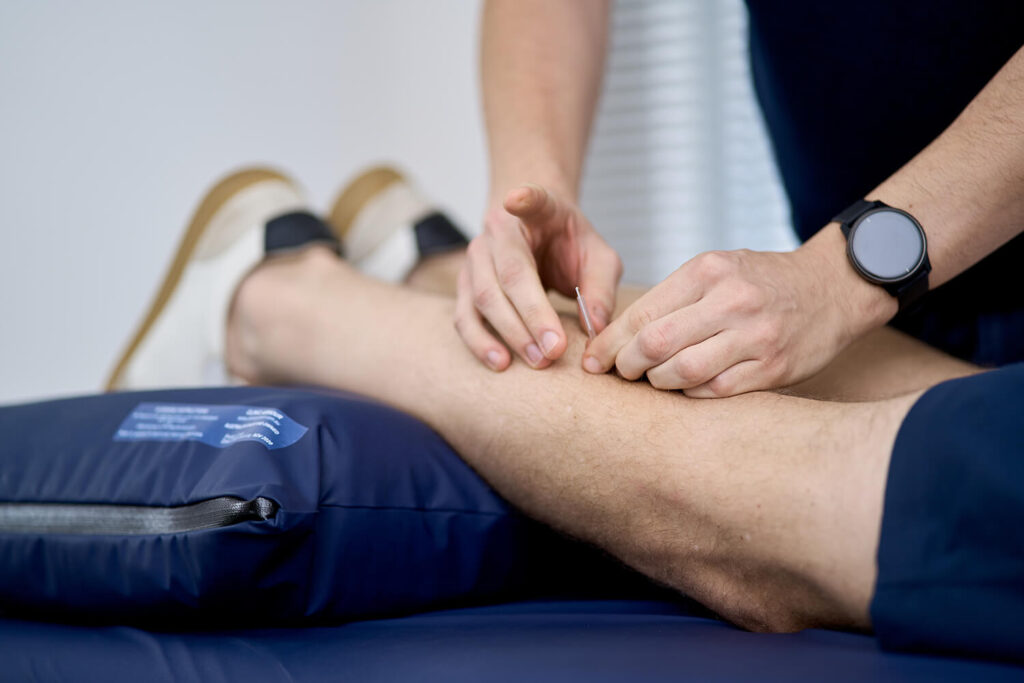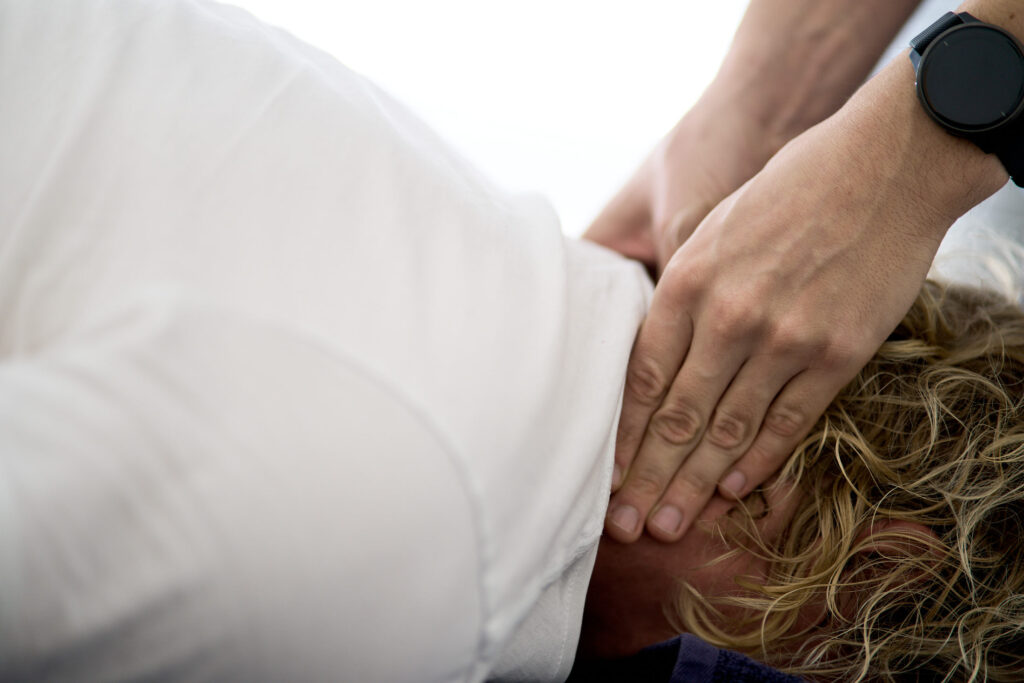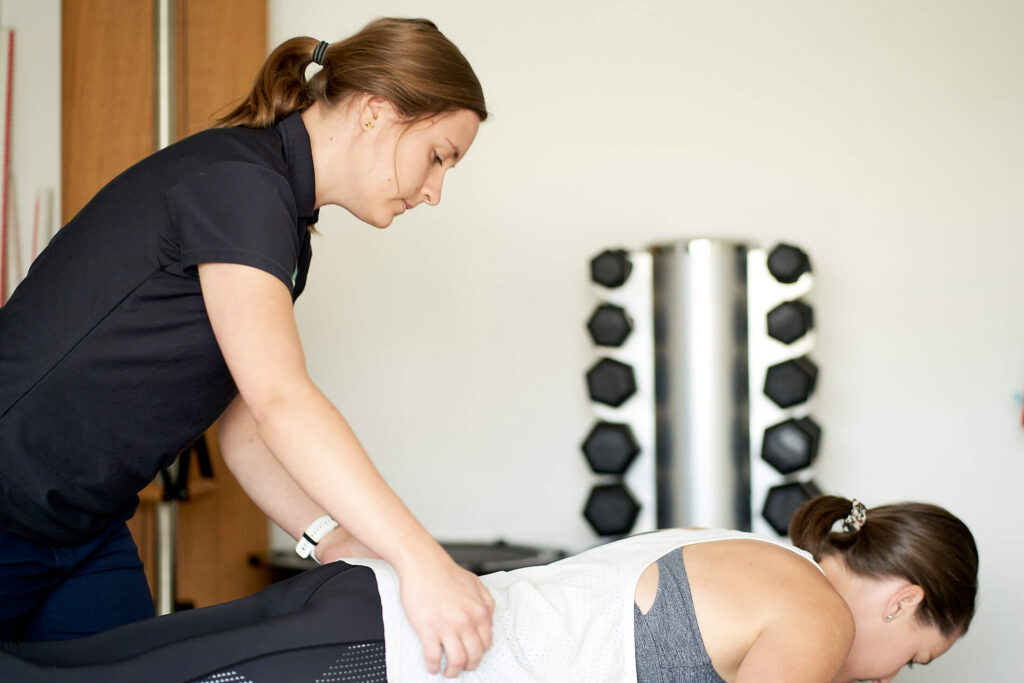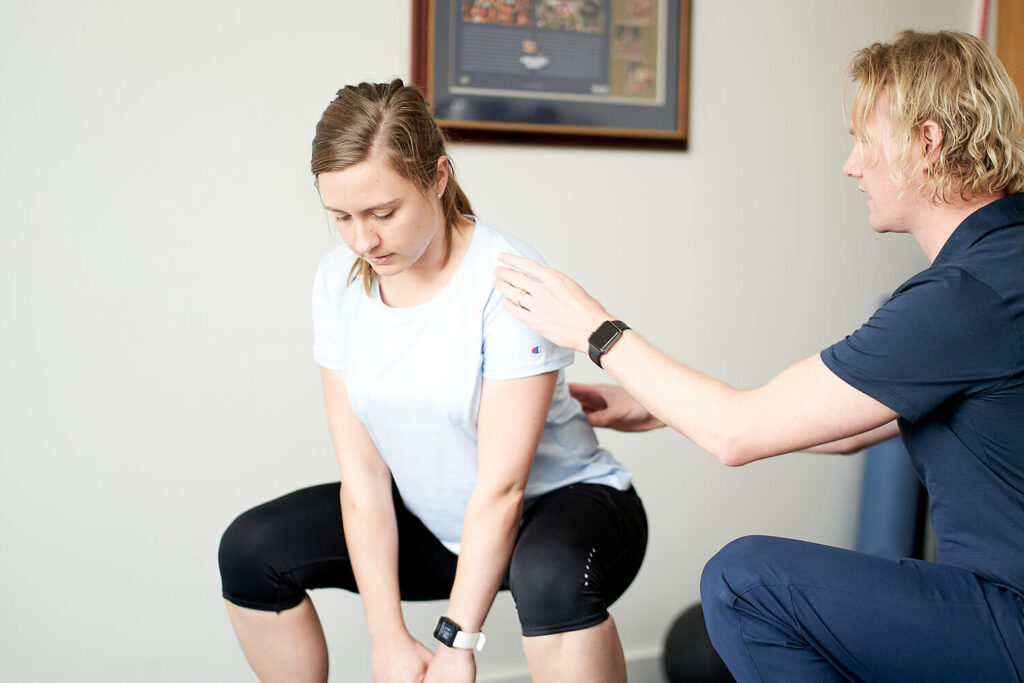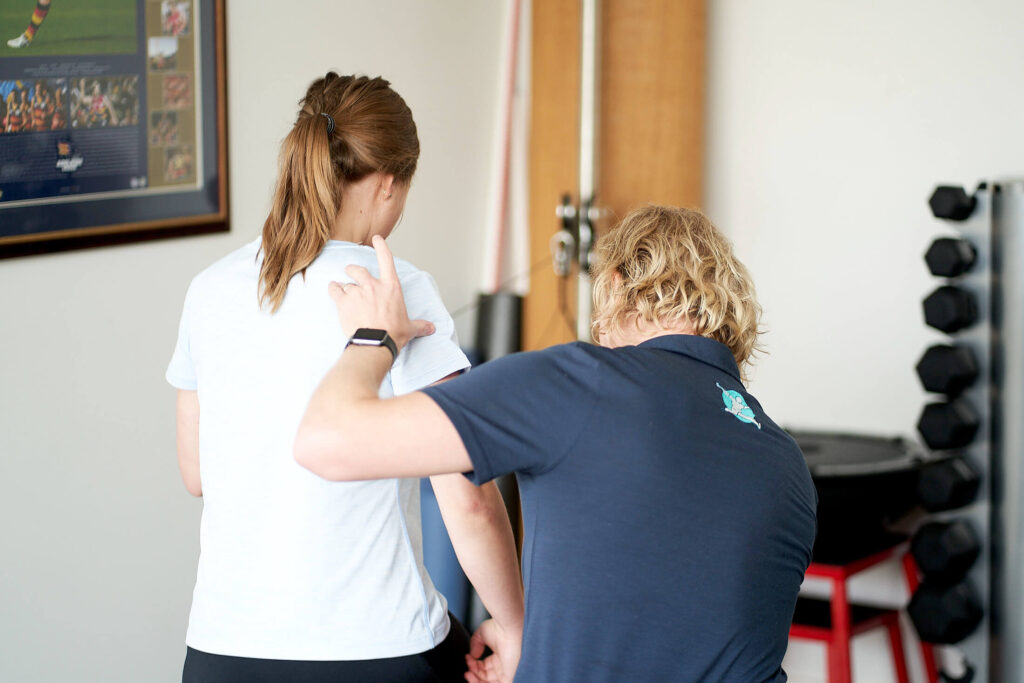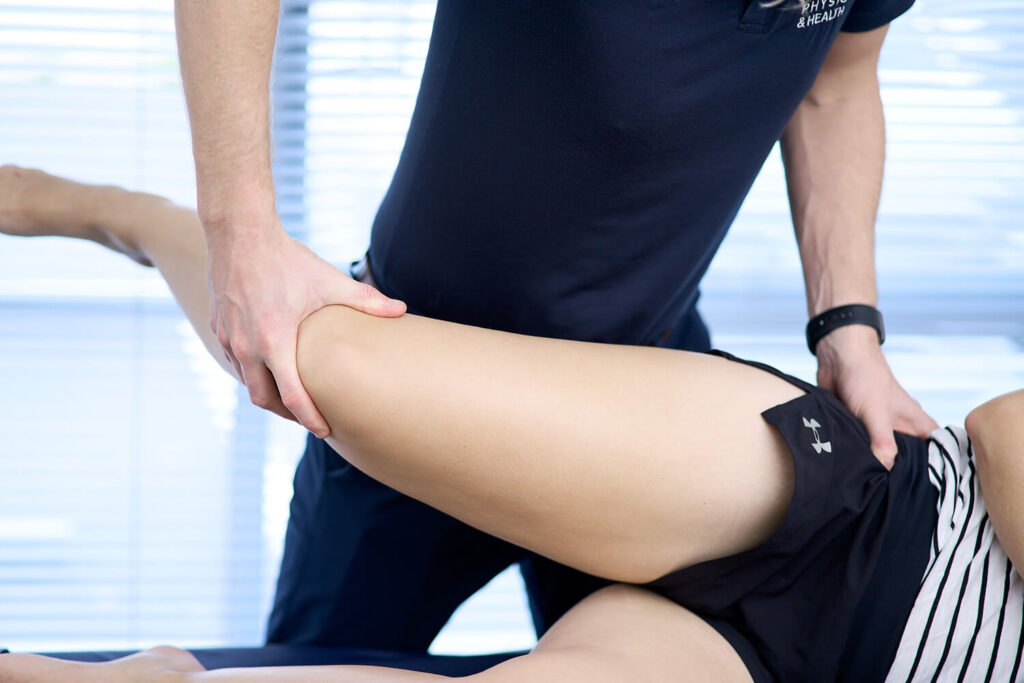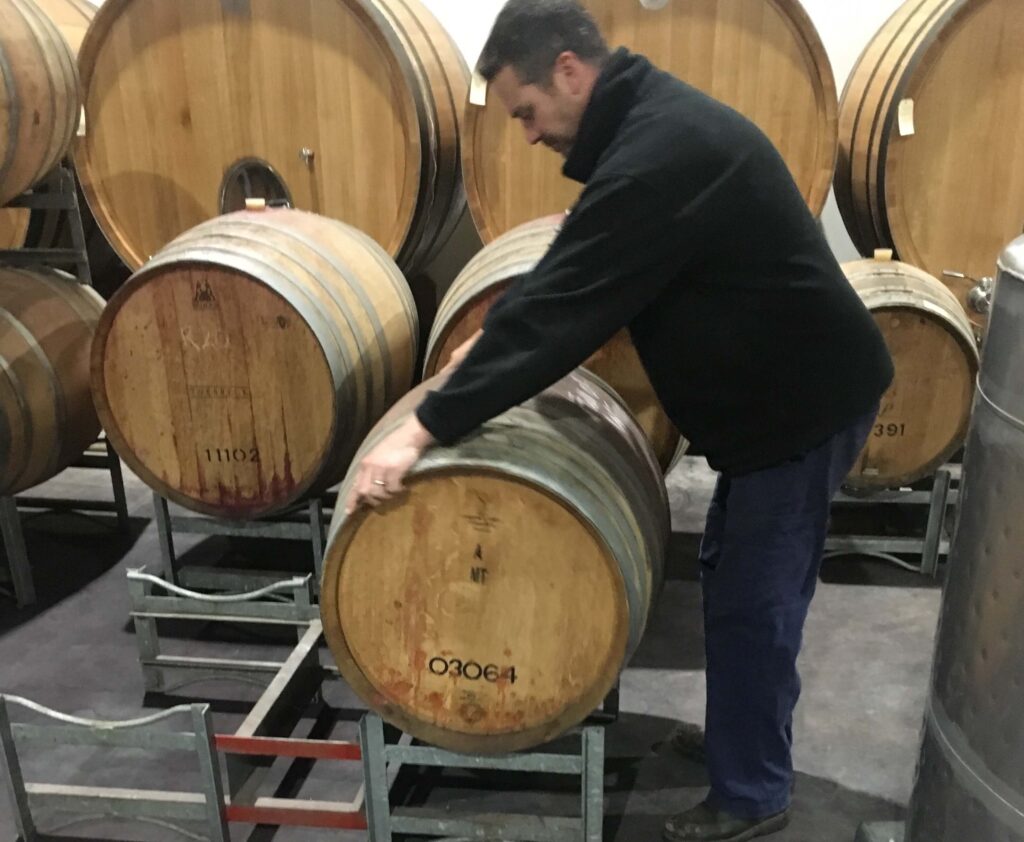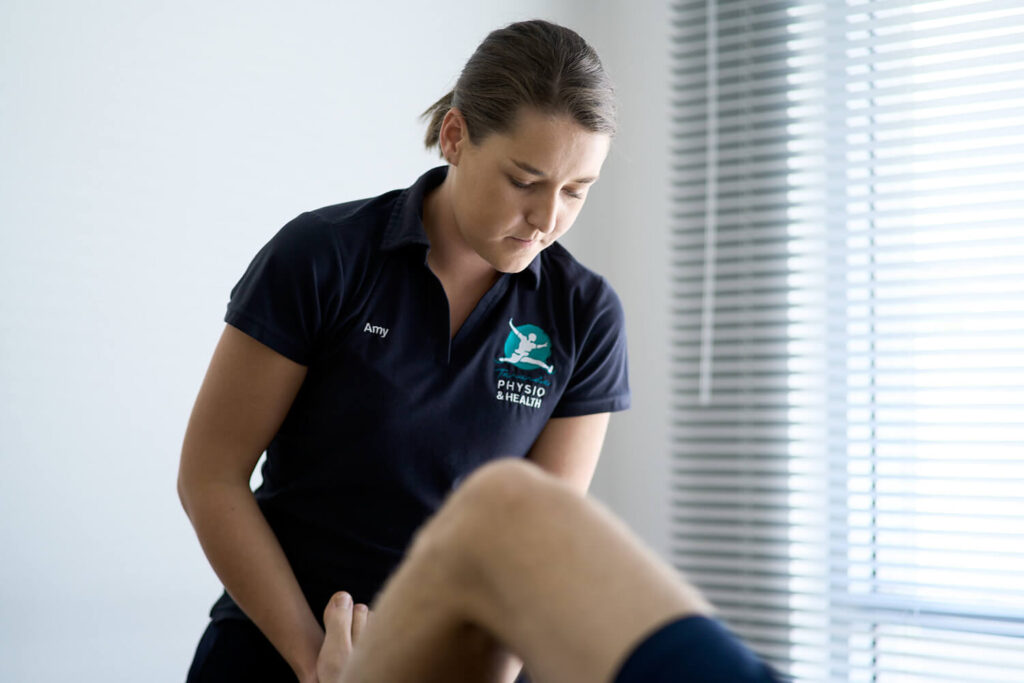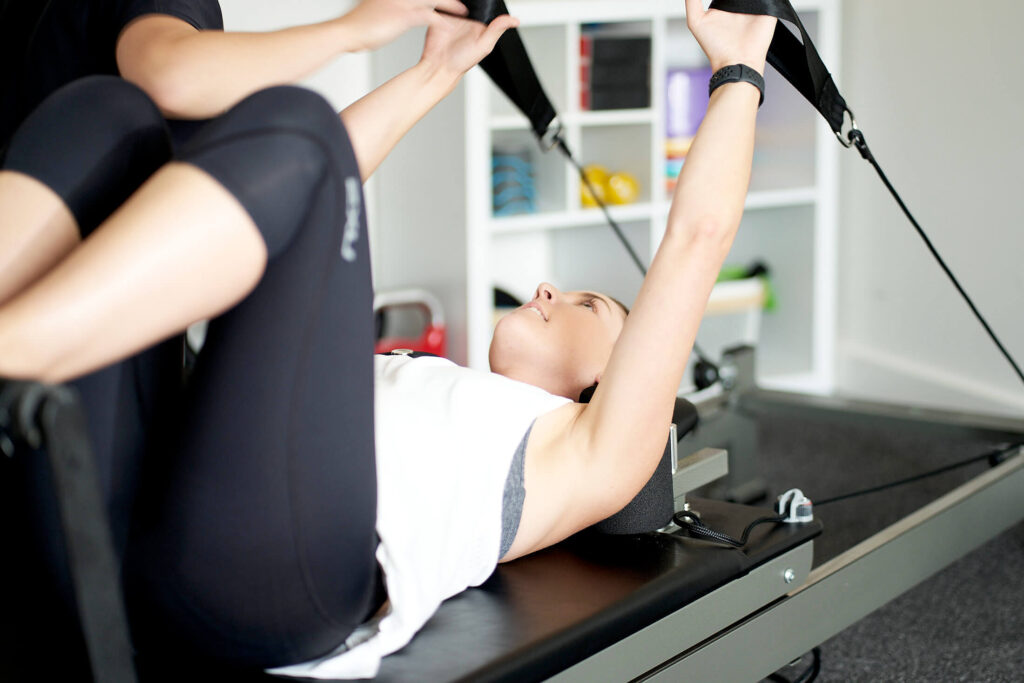A common question we discuss with patients is what weight they should be using for exercise. Whether that be as part of a rehab program,…
Move well, then move often – are you prepared to live pain free?

Does pain stop you from enjoying things you would otherwise like to do? Do you just accept that it’s normal to get pain from doing certain things? Its not!
Move Well, then Move Often (and live pain free!)
This is the simple philosophy that should underpin everything we do.
It seems simple, but it is often overlooked and whether you know it or not, you are probably guilty of it.
Whether it be playing with the kids, doing the housework or gardening, training for a marathon or playing through a football or netball season, quality movement patterns are necessary to negotiate the demands of life without excessive loading on the body that result in pain and injury.
The above diagram shows the fundamental order needed to be followed in order reduce stress and strain on the body and live a pain free life.
Knowing how your body moves and why allows for targeted strategies to improve it.
You need to have the range of movement available, then you need to learn how to control this movement and develop capacity in the muscles (strength, endurance, power) so that then you can perform activities in a way that minimises strain and load on the body.
If you have a history of injury, you need to know more about the cause of the injuries- and the answer lies with how you move.
Simply treating the symptoms to “get you back to normal” is not enough.
If you really think about it, it is your “normal” level that lead to your injury in the first place.
Returning to this same state may feel good in the short term, but you are simply getting back on the same rollercoaster that leads to injury.
You know it makes sense, now you just need to do something about it!
How does this impact my treatment and rehabilitation from injury?
Where you are on the above scale guides the type of treatment that will benefit you.
At stage 1 you will need more focus on things that give you more available movement / flexibility.
Mobilisations, massage, stretching- these are examples of things that create more range of movement.
Once you have this and are at stage 2 you need motor control, stability and strength.
This may start with specific retraining of correct movement patterns or you may already have that and need to become stronger in these movements.
When you have necessary range of movement, control of that movement, and capacity (strength, endurance, power) of the muscles that perform those movements, that is when you will be able to perform your best.
This applies whether you are trying to navigate daily life, or performing exercise and sport at an advanced level.
How can we help?
Our physios are trained in specific advanced movement assessment processes that efficiently identify what phase of rehab will suit you best, and will develop an appropriate treatment plan based around this progression.
This is essential following injury, but also as part of injury prevention and performance improvement.
Any time you plan on increasing or changing your activity levels it is worthwhile undergoing a movement screen to detect deficiencies in your movement capabilities.
This has proven benefits for reducing future injury as long as a proven and functional system is used (testing range of movement and strength in isolated joints wont be effective).
Just because your body is capable of tolerating your current demands doesn’t mean it will cope with a change or increase in activity.
Pre-empting injuries associated with starting a new season or training for a marathon will allow you to perform at a higher level for longer.
See one of our physios and start moving better so you can perform your best and enjoy the things you love!



